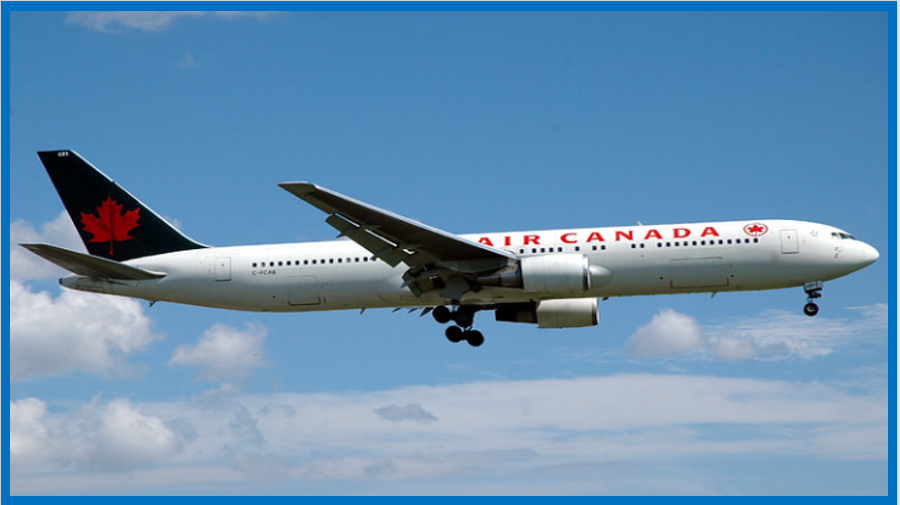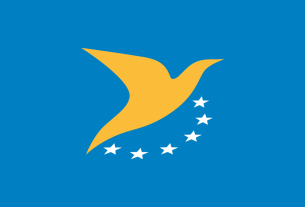Toronto, Canada — August 18, 2025
More than 10,000 Air Canada flight attendants remain on strike, defying a federal back-to-work order issued by the Canadian Industrial Relations Board (CIRB) over the weekend. The ongoing labor dispute has disrupted hundreds of flights and stranded tens of thousands of passengers across the country.
Government Intervention and Legal Directive
The CIRB, acting on a directive from Jobs Minister Patty Hajdu under Section 107 of the Canada Labour Code, ordered flight attendants to resume work and extended the expired collective agreement until a new one is ratified. The move was intended to protect the Canadian economy from further disruption during the peak travel season.
Minister Hajdu emphasized the urgency of compliance:
“In a year in which Canadian families and businesses have already experienced too much disruption and uncertainty, this is not the time to add additional challenges and disruptions to their lives and our economy.”
Union Defiance and Worker Demands
Despite the directive, the Canadian Union of Public Employees (CUPE), which represents the flight attendants, instructed its members to remain on strike. In a committee update, the union stated:
“At this time, you are still on strike and locked out. There is no obligation to be in contact with the employer, check work emails, or report for reassignment.”
CUPE has challenged the CIRB’s order as unconstitutional and accused the government of undermining workers’ rights. The union is demanding:
- Full compensation for ground duties such as boarding and deplaning
- Wage increases that reflect inflation and market standards
- Improved working conditions and job security
Last week, 99.7% of CUPE members voted in favor of strike action, citing unpaid labor and stagnant wages.
Impact on Air Travel
Air Canada has canceled over 700 flights since Saturday, including 240 scheduled for Sunday afternoon. The airline typically operates around 700 flights daily, serving approximately 130,000 passengers. Travelers have been advised not to go to the airport unless they have confirmed bookings with other carriers.
In a statement, Air Canada said:
“We remain engaged and committed to negotiating a renewal to our collective agreement with CUPE.”
The airline has offered a compensation package that includes:
- A 38% increase in total compensation over four years
- A first-year hourly wage increase of 12% to 16%
- Ground pay adjustments that would raise hourly rates to as high as CAD $94
Air Canada claims the proposal would make its flight attendants the highest-paid in the country, though CUPE argues the offer still falls short of fair compensation for non-flight duties.
Broader Implications
The strike marks the first walkout by Air Canada flight attendants since 1985 and comes amid broader labor unrest in Canada. Other unions have joined picket lines in solidarity, warning of a precedent that could erode collective bargaining rights nationwide.
The government has not yet indicated what enforcement measures it may pursue if the strike continues, though legal challenges and expedited hearings remain possible.
Air-Canada-Picture-by-Caribb



